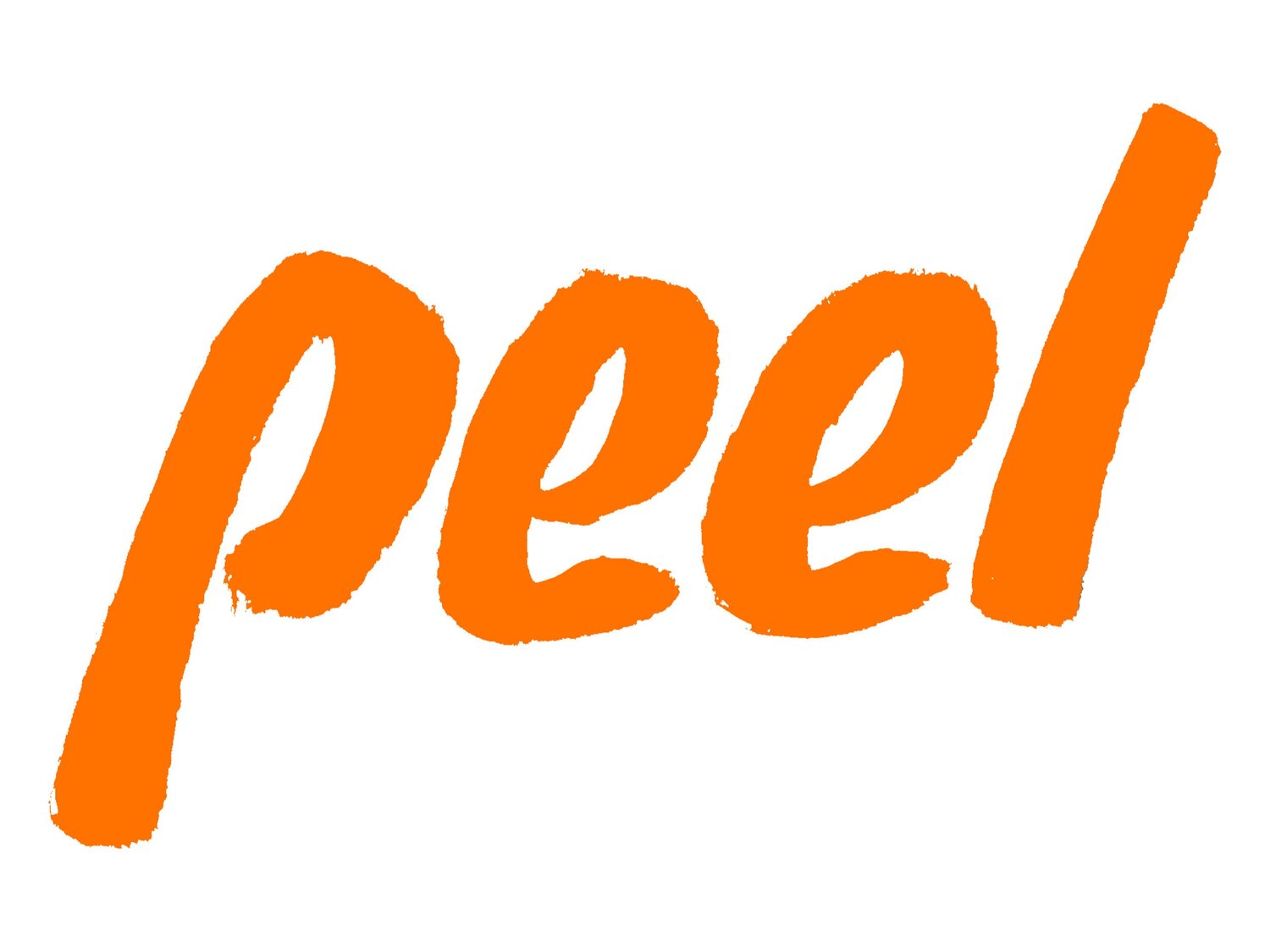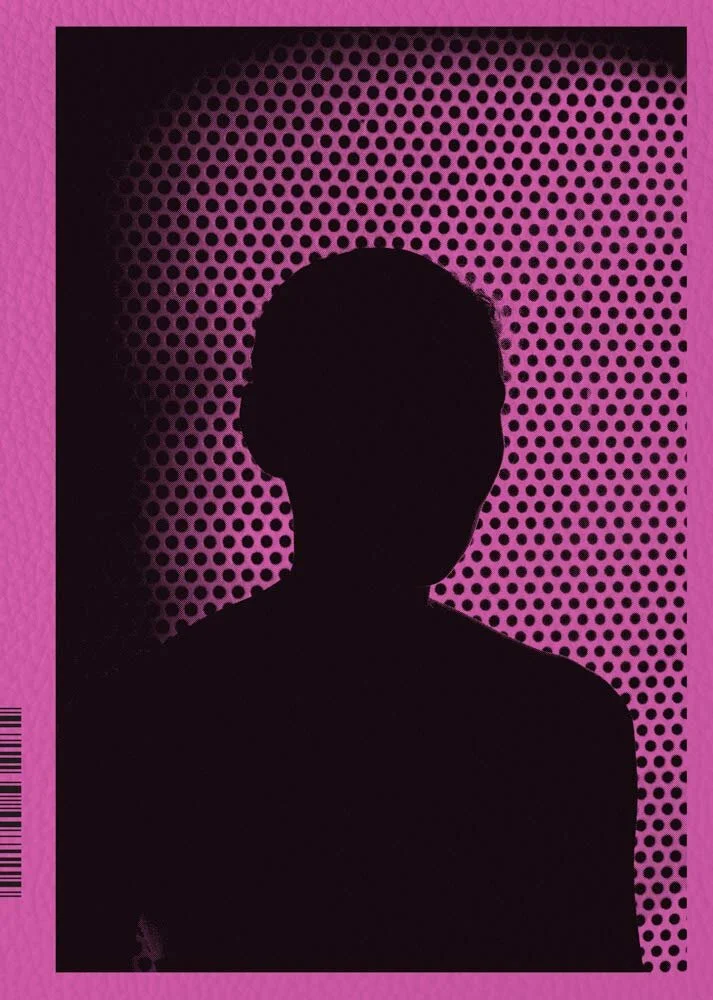Hannah Whitaker: Ursula
The latest photobook from Brooklyn-based photographer Hannah Whitaker (born 1980) imagines the embodied forms of personified technology which have long been central to sci-fi narratives: digital servants, sex robots, machine-learning projects.
Ursula addresses the consistency with which these figures are gendered as female, subservient and sexualized, and slyly points to our society's insidious failures to fully see women without imposing such roles and distinctions.
Immersed in techno-futuristic design tropes, Whitaker's photographs—at once playful, maximalist and estranging—are accompanied by texts by David Levine and Dawn Chan.
The latest photobook from Brooklyn-based photographer Hannah Whitaker (born 1980) imagines the embodied forms of personified technology which have long been central to sci-fi narratives: digital servants, sex robots, machine-learning projects.
Ursula addresses the consistency with which these figures are gendered as female, subservient and sexualized, and slyly points to our society's insidious failures to fully see women without imposing such roles and distinctions.
Immersed in techno-futuristic design tropes, Whitaker's photographs—at once playful, maximalist and estranging—are accompanied by texts by David Levine and Dawn Chan.
The latest photobook from Brooklyn-based photographer Hannah Whitaker (born 1980) imagines the embodied forms of personified technology which have long been central to sci-fi narratives: digital servants, sex robots, machine-learning projects.
Ursula addresses the consistency with which these figures are gendered as female, subservient and sexualized, and slyly points to our society's insidious failures to fully see women without imposing such roles and distinctions.
Immersed in techno-futuristic design tropes, Whitaker's photographs—at once playful, maximalist and estranging—are accompanied by texts by David Levine and Dawn Chan.














